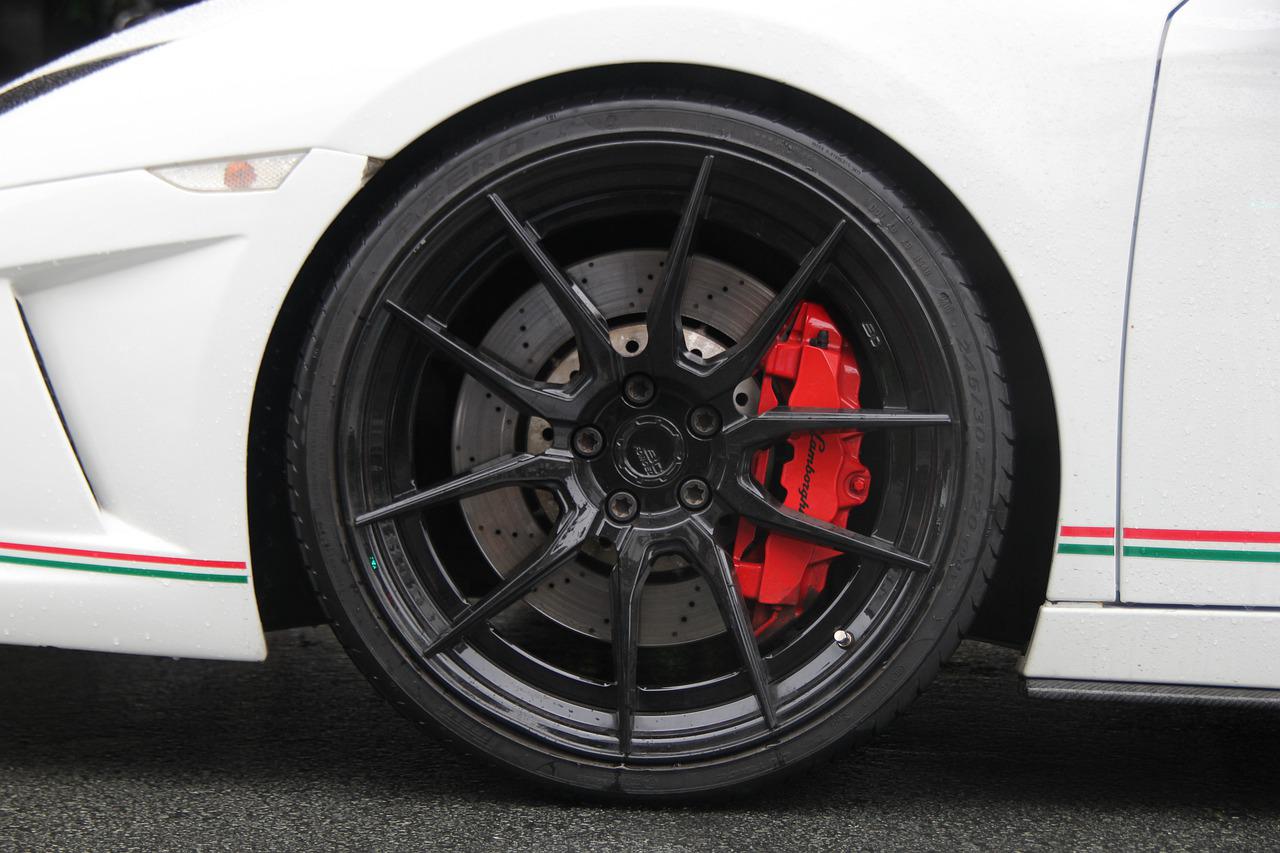
Of all the fancy safety features in your car, the most critical safety equipment of all — your tires — is almost certainly monitored by outdated and incomplete technology. But a number of startups are vying to change that, and also fundamentally transform how we view our tires and their role keeping us safe and driving efficiently.
“Tires are incredibly critical to vehicle safety, but too often tire health falls by the wayside, leaving drivers woefully unaware of the risk posed to them and their passengers,” said Shahar Bin-Nun, CEO of Tactile Mobility, one of a handful of startups lasering in on tire care.
He’s not overstating the case. In the UK, there are roughly 1,075 casualties each year from defective tire-related accidents. In 2019, more than 600 people died from tire-related accidents in the U.S. Safety and performance of even the most sophisticated cars depends entirely on the condition of the tires it drives on, yet on average drivers only change one tire per year.
The problem is that the current technology that monitors tire health, known as Tire Pressure Management Systems (TPMS), lack the ability to monitor tire wear, tire mismatch, and tire aging. In the absence of those metrics, crude rules of thumb predominate, and most people don’t think much about tire health at all.
Startups like Silicon Valley-based Revvo and North Carolina-based Tyrata are pairing IoT, existing vehicle data, and AI to create tire health and monitoring solutions. For fleets that means increased safety and measurable savings in fuel economy and lost down time. The technology is set to migrate to consumer vehicles.
Tactile Mobility, based in Israel, recently unveiled the latest of these solutions. It relies on data vehicles already collect to determine with surprising precision the exact state of all four tires. The solution utilizes an in-vehicle module residing on one of the vehicle’s computers. Software collects first-order data gathered from vehicles’ built-in non-visual sensors — including wheel speed, wheel angle, RPM, pedals position, gear position — and then analyzes it to yield actionable insights in real-time, including a clear-cut, highly accurate description and analysis of the continually evolving state of the tires.
“We are thrilled to help mitigate this unnecessary risk with our cost-effective solution that proactively monitors tire health and automatically alerts drivers when it’s time to replace their tires. We hope to one day have our solution become standard on all vehicles.”
The company is working with OEMs, including BMW, as well as insurers and city maintenance. It’s a good example of how AI is leveraging existing data to increase safety and efficiency via low cost add-on technology.







